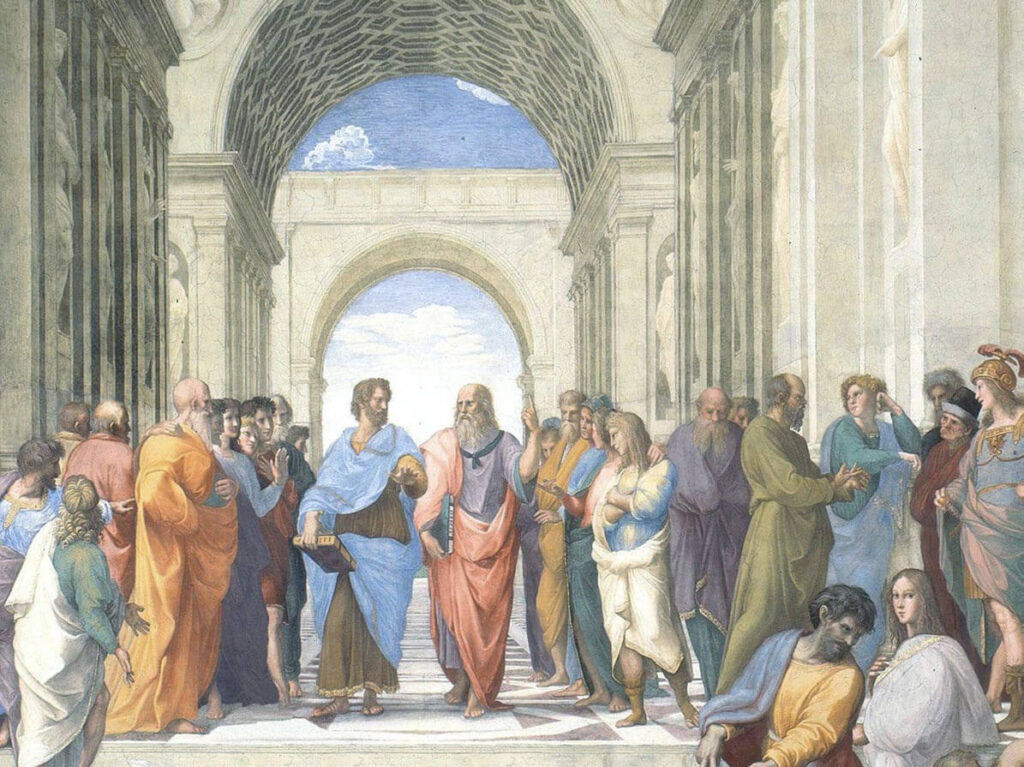
Foundations for success
More Able and Ambitious
Big ideas for curious minds
2023
AU/NZ
About
What to expect on the day
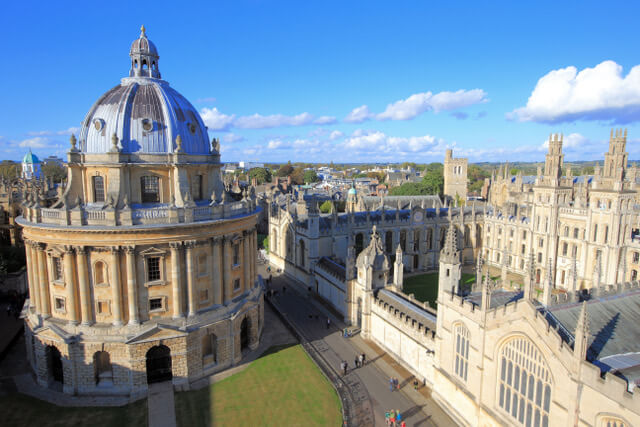
My boys have come back raving about the day! You opened their minds to Quantum Physics and through all the sessions you once again left an indelible mark on a group of very bright youngsters who will
carry their experience of you onwards into their academic futures.
This is always an inspiring and exciting day. We come every year and wouldn’t miss it.
This amazing day improved and consolidated our philosophical learning while breaking down more controversial topics to test our judgement and opinion-making. I particularly enjoyed the funny and slightly quirky anecdotes The sessions were engaging and very enjoyable to listen to.
I hope that you keep offering these conferences. It’s not often that you go somewhere and actually learn as much as the kids.
Programme

KNOWING WHAT YOU KNOW AND WHAT YOU DON’T KNOW
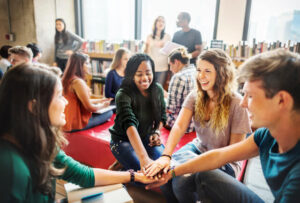

THE OXBRIDGE INTERVIEW QUESTION

THE SCIENCE OF HAPPINESS

SOCIAL PHYSICS

DEBATE: THIS HOUSE BELIEVES THAT LOVE IS NOT A COMMODITY TO BE TRADED
Speakers
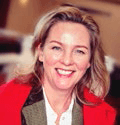
Julie Arliss
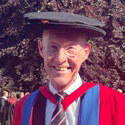
Dr. Christopher O’Neill
Tour Dates and Venues
Perth
Wed 17th May 2023
Christchurch
Mon 22nd May 2023
Wellington
Wed 24th May 2023
Auckland
Thu 25th May 2023
Brisbane
Tue 30th May 2023
Adelaide
Wed 31st May 2023
Melbourne
Thu 1st June 2023
Scotch College
Sydney
Mon 5th June 2023
Ascham School
Canberra
Tue 6th June 2023
TBC
Booking

Arrival from 09.00. The programme begins promptly at 9.30 and concludes at 14.30.
Staff are warmly invited to join the team for informal discussion over break and lunch with refreshments provided. Students will need to bring their own equipment and refreshments. Please note that we do not allow recordings of the day.
